28 January 2016
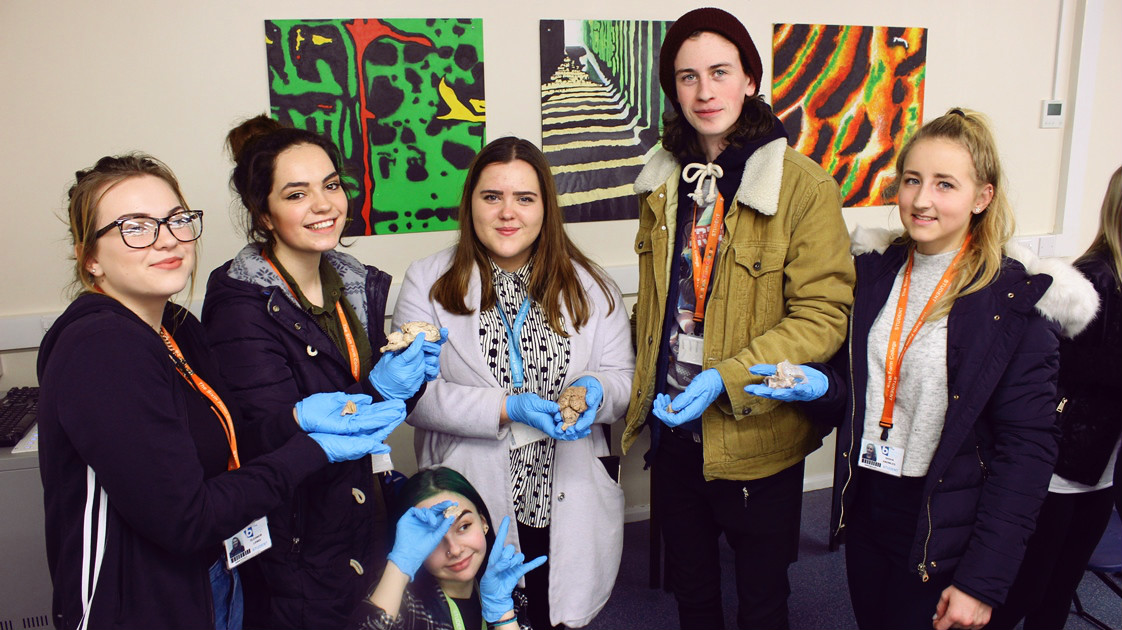
Do you know why some brain surgery is performed when the patient is awake? Or that some people are born without entire sections of the brain? Most importantly, have you ever held a brain in your hands before?!
The Sixth Form College’s annual Brain Day gets the Psychology and Biology students’ grey matter working, while they don the latex gloves and get hands-on with the hypothalamus and the cerebellum.
Our special guest, Dr Guy Sutton, visits each year with his box of sheep’s brains, with students given the chance to gain a visceral insight into neuroscience, which many may choose to study at university.


Dr Sutton, Director of Medical Biology Interactive and Honorary Consultant Assistant Professor at the University of Nottingham Medical School, emphasised how both Biology and Psychology students can take huge benefits from the study and appreciation of neuroscience.
He said: “I hope they get out a feel for how the brain works and the complexities of it, from the number of synapses involved to brain disorders. Psychology students can learn just as much as Biology students. Psychological processes are underpinned by biological mechanisms in the brain.”
Dr Sutton continued: “How much control do we have over our behaviour? Do we really have free will? This is a big debate. For instance, some University of Exeter research suggests that, with antisocial and aggressive behaviour, up to 70% of individuals involved will report having some kind of traumatic brain injury (TBI). Often this can occur around childhood. Getting students to think about brain injury and how it can lead to different abilities to control our behaviour is an important area of neuroscience.”
Plenty of the less-squeamish students took the opportunity to hold the brain, and parts thereof once dissected by Dr Sutton. Taking selfies with sections of sheep brain also proved decidedly popular!

In this, Dr Sutton’s sixth year visiting the college, he said: “I’ve always enjoyed my relationship with The Sixth Form College. It was the first places that I started running brain sessions with schools so I’ve got a sort of emotional attachment! The students are really responsive every time so it’s always nice to come back.”
.png)

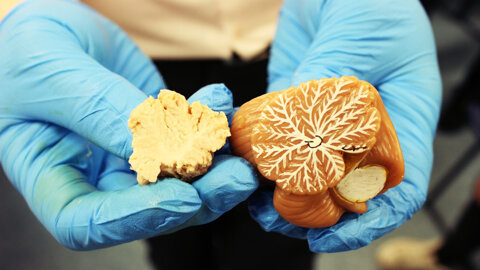

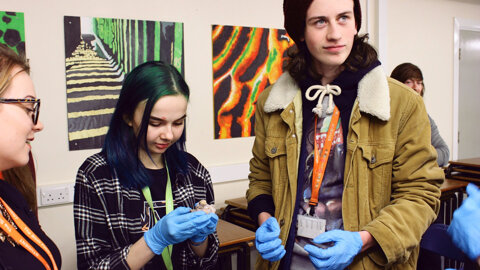
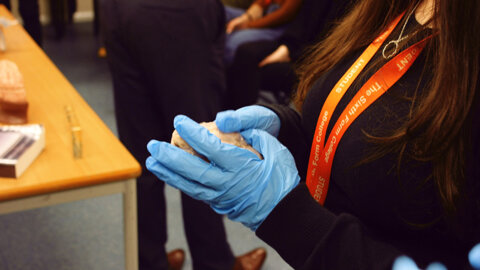
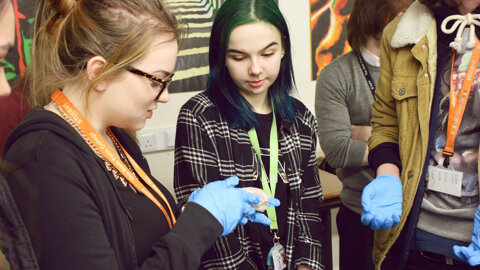
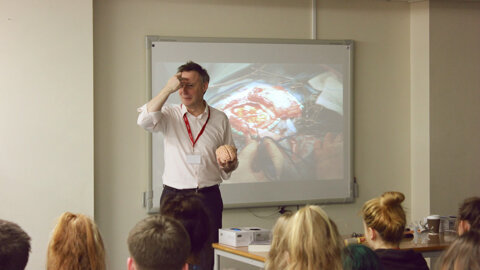
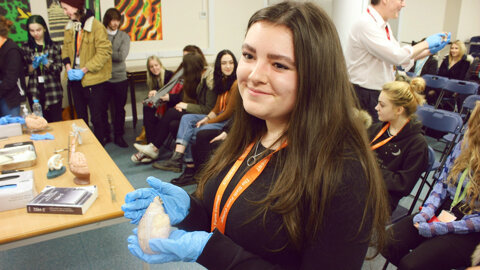
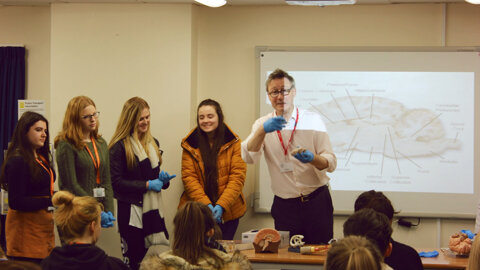

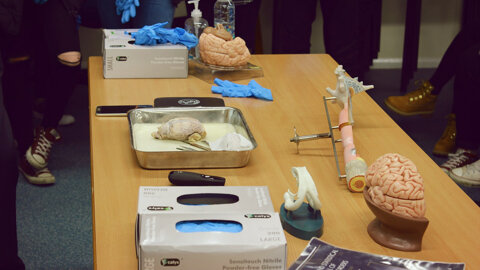
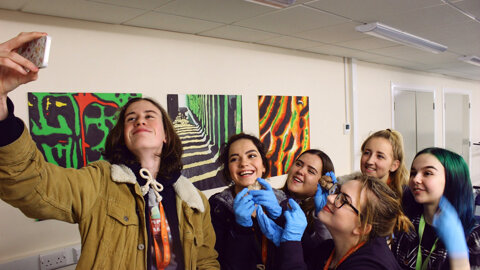
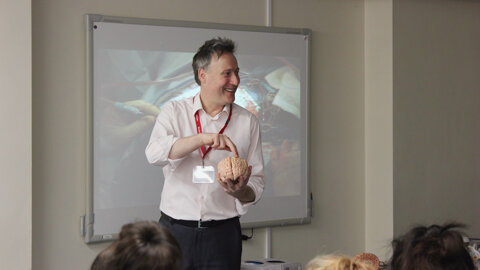
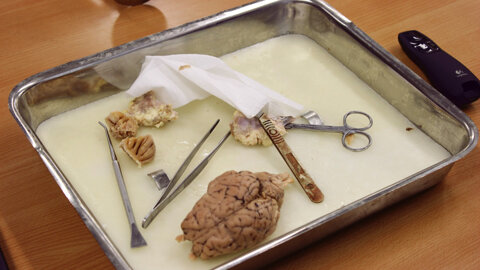
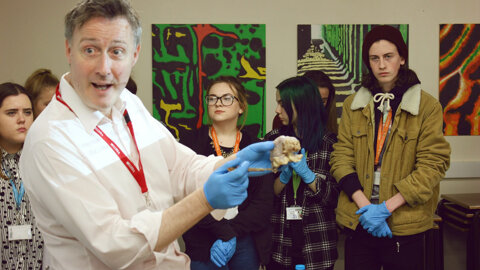
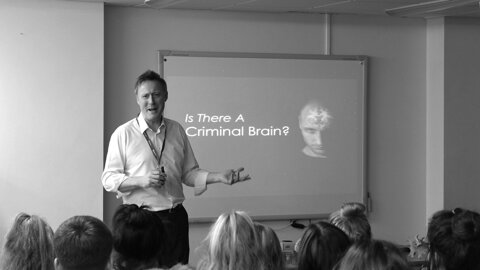
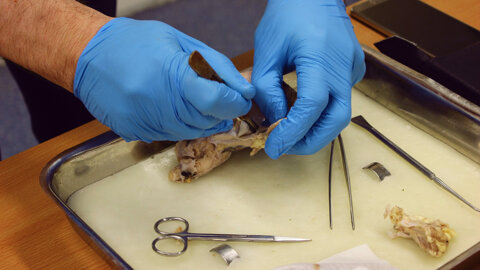
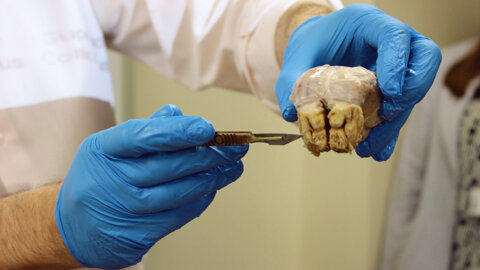
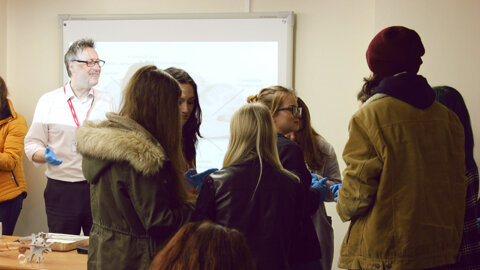
(3).jpg)
.jpg)







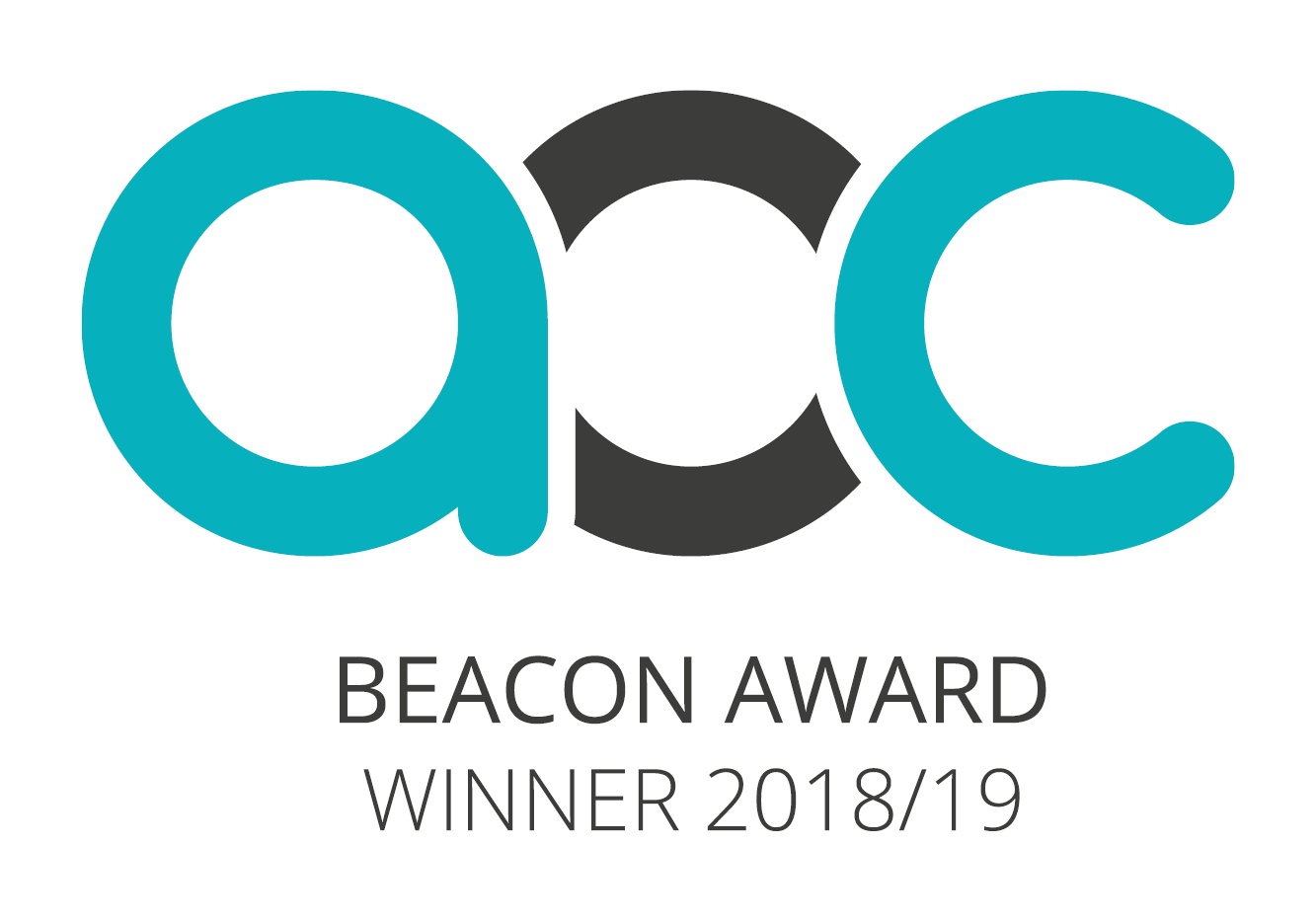
_(403x640).jpg)